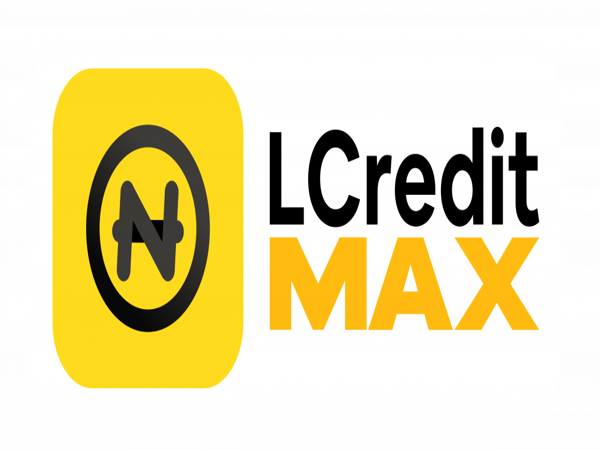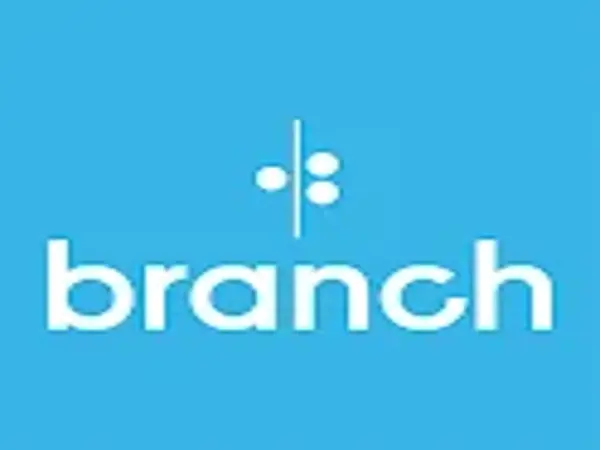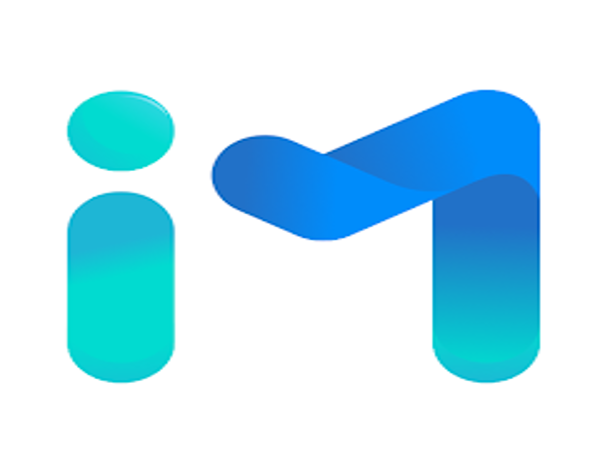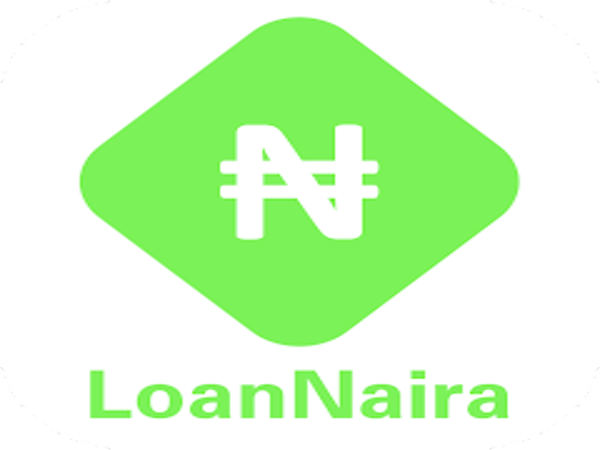| Interest Rate | 35% |
| Duration | From 14 days |
| Access Level | Public |
| Company Name | Cashigo Limited |
| Phone 1 | |
| Phone 2 | |
| Website or Store | google playstore |
| Address | |
| Category | Dangerous Loan |
| Company Email | |
| Views | 1,149 |
LCredit Max

Training Videos
Frequently Asked Questions
Achieve your financial aspirations with LCredit Max, your ultimate loan partner. Whether you're renovating your home, launching a business venture, or simply navigating a temporary cash flow challenge, we provide a smooth borrowing experience tailored to meet your specific needs.
Get started in just minutes with our quick and easy application process. Choose from a range of loan options up to NGN 600,000, all without the hassle of extensive paperwork. Plus, enjoy an instant decision within 5 minutes.
This revision emphasizes the advantages of using LCredit Max in a more engaging manner:
- Powerful Introduction: Utilizes dynamic language like "Achieve" to resonate with users’ goals.
- User-Centric Focus: Addresses specific financial needs and aspirations.
- Highlighting Speed and Convenience: Stresses the benefits of a swift application process and rapid approval.
- Clear Call to Action: Invites users to take action effortlessly.
Key Considerations for Your Loan
Maximum Loan Amount: This depends on several factors, including your income, existing debts, credit history, and collateral value (if applicable). Lenders will evaluate your financial situation to determine the amount you can responsibly borrow.
Interest Rates: This is the percentage charged on the borrowed amount, which can vary based on the loan type, term, and your credit score, among other factors.
Loan Fees: Be aware of any associated charges, such as appraisal fees, origination fees, or early repayment fees. It’s important to clarify all fees before finalizing your loan.
Required Documentation
To apply, you'll typically need the following:
- Identification card (ID)
- Household registration book
- Proof of income (salary statement, employment contract, etc.)
- Proof of assets (land ownership certificate, car registration, etc.)
Late Payments
If a payment is made late, a late fee may be applied, and it could negatively impact your credit history.





.webp)

